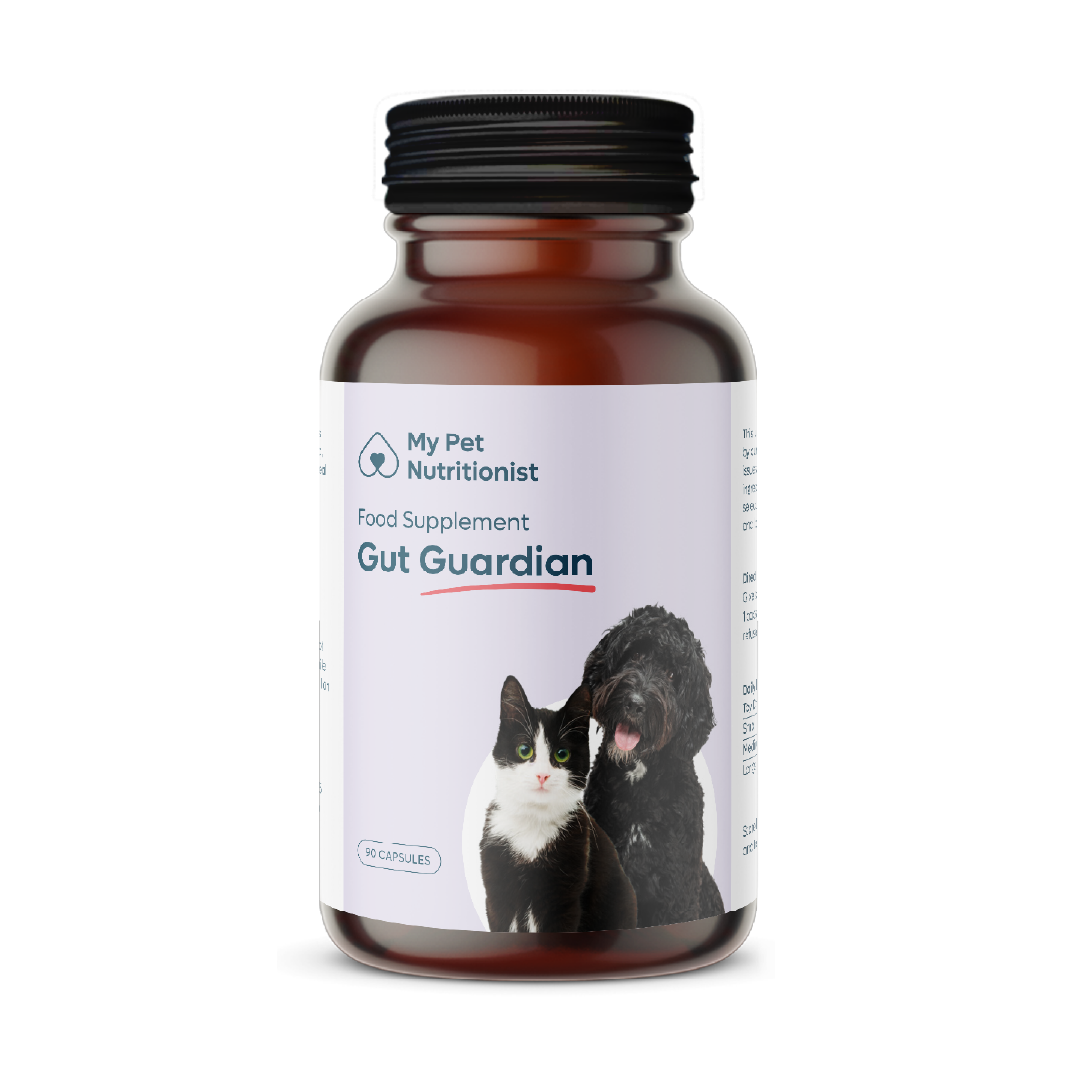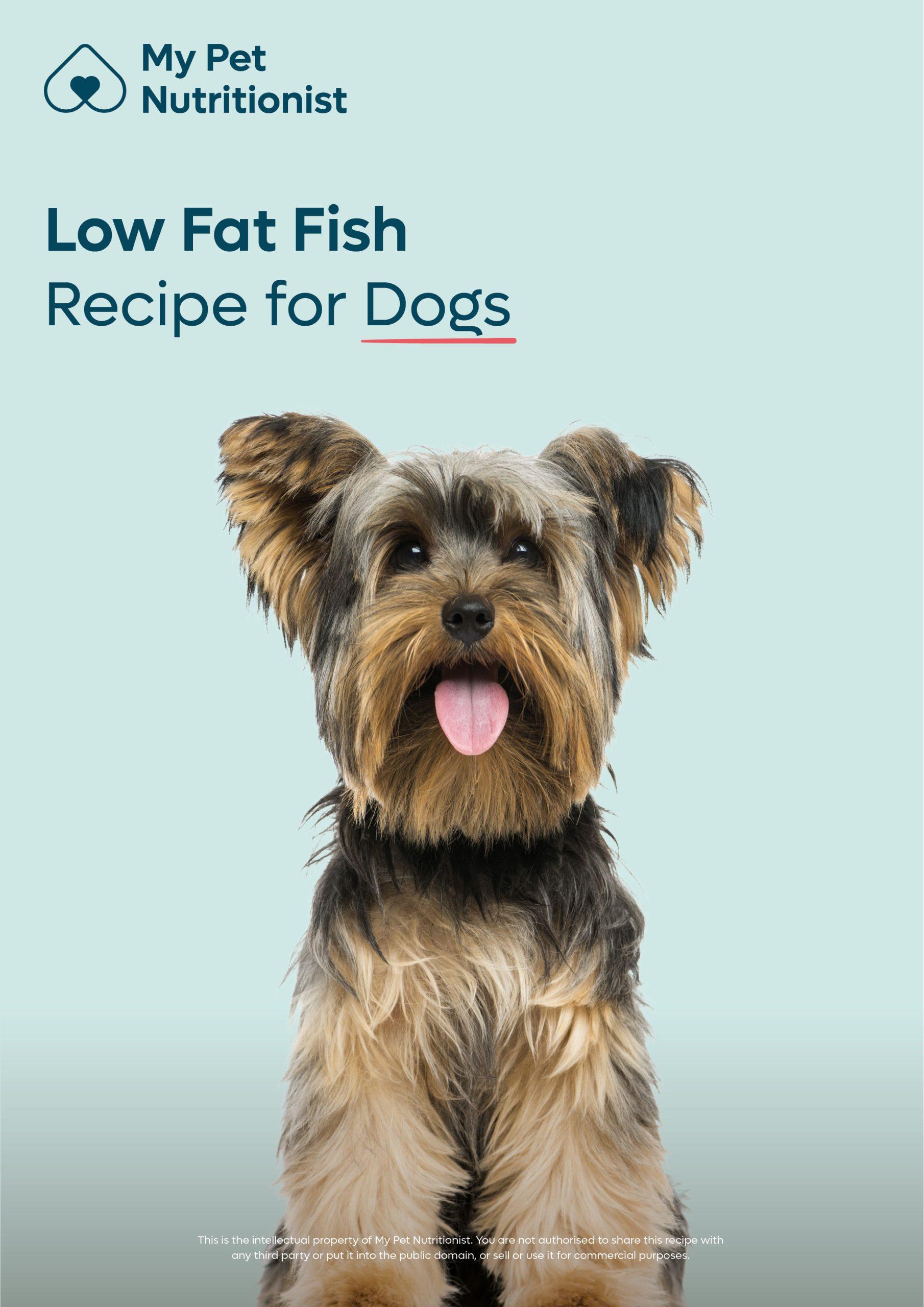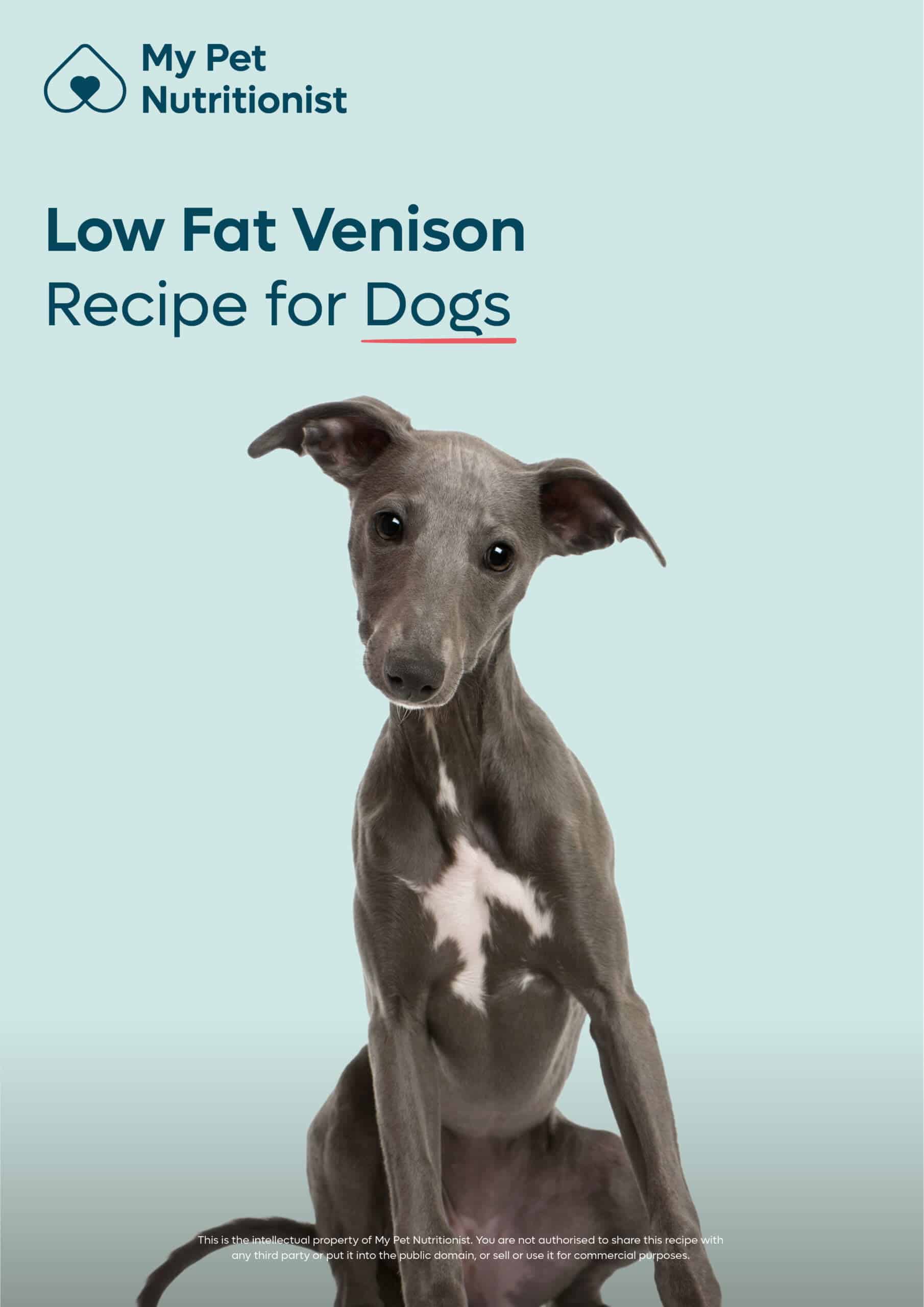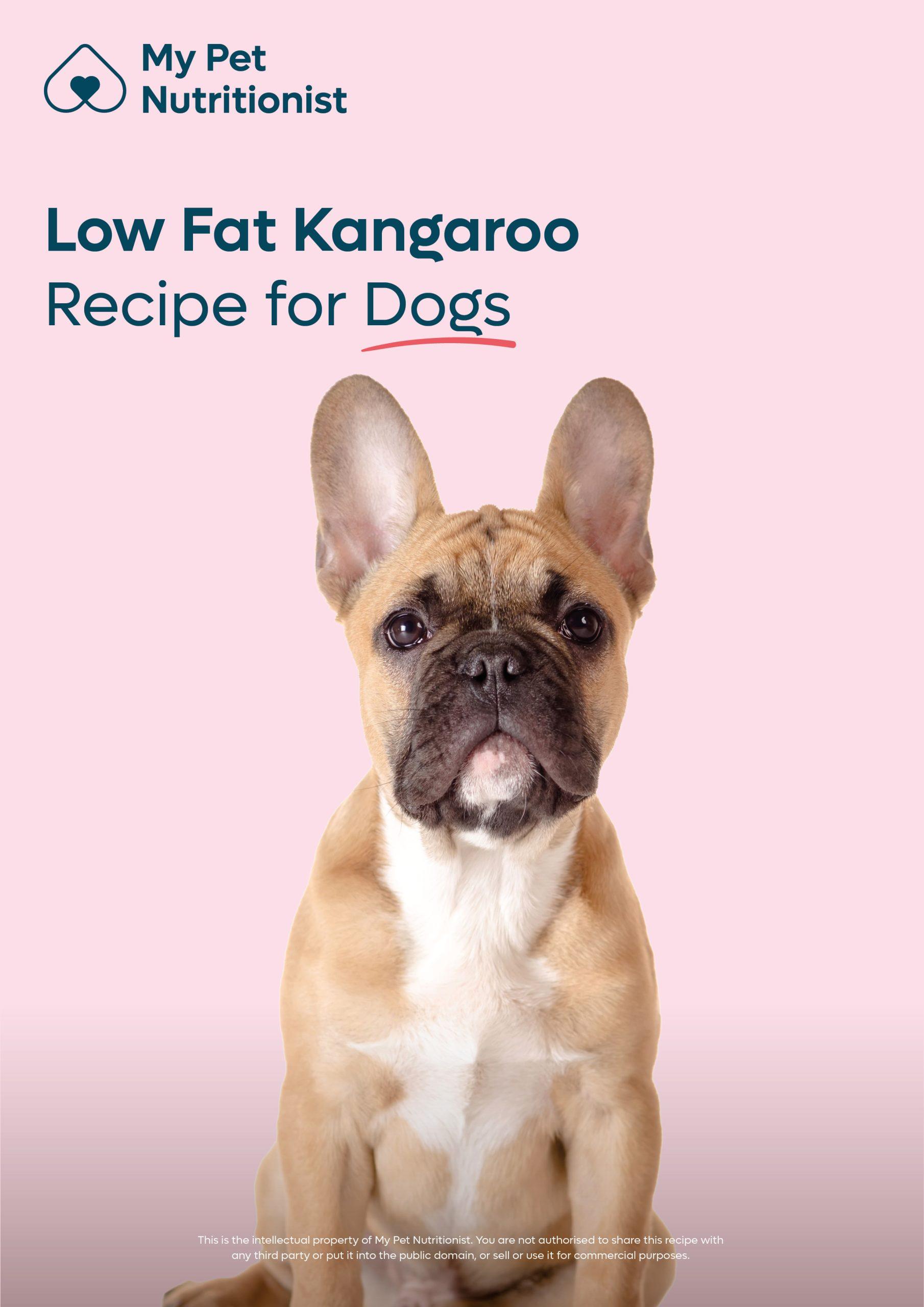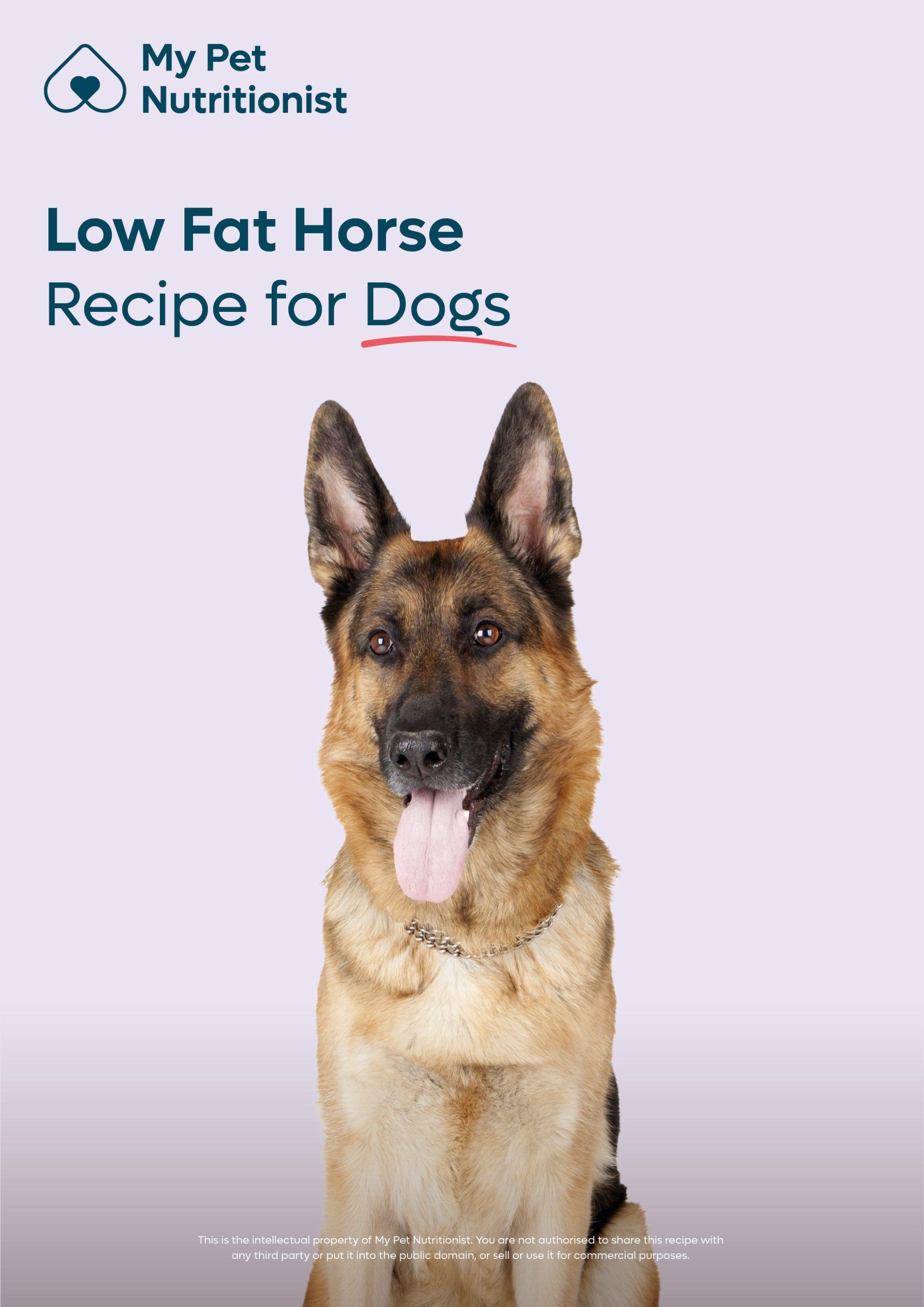
Natural Guide for Acid Reflux in Dogs
- March 31, 2020
- 8 min read
We see acid reflux rather frequently. It’s usually for a number of reasons and can be a symptom that may end up being more of a problem than anticipated. It’s not a nice thing for doggos to experience and is often telling you something is not quite right and finding out what that is, is paramount. So read on my lovely peeps, resolve your doggo’s blessed reflux.
What is acid reflux?
Acid reflux in dogs, also known as gastroesophageal reflux, occurs when the acid (chime: mix of acid, salts and bile) from the stomach moves into the oesophagus. It can obviously cause some discomfort and although a symptom in itself (that is not deemed dangerous), it can lead to other issues. Reflux can cause irritation, inflammation and wear on the lining of the oesophagus, leading to possible ulcers. If left for long enough, this can cause narrowing, thinning, or necrosis of the oesophagus. Also a constant regurgitation (a common symptom of acid reflux) can cause vomit to enter a dogs’ lungs and lead to further damage or aspiration pneumonia.
Symptoms may be as follows:
What role does acid play in the gut?
Appropriate acid levels in the gut are paramount. HCL is also responsible for breaking down dietary proteins aiding in the absorption of nutrients. Healthy levels of acid (HCL) eliminates bacteria and viruses and prevents the overgrowth of pathogens in the upper GI tract, so hypochlorhydria (low HCL) can be a risk factor for SIBO (small intestinal bacterial overgrowth), fungal overgrowth, intestinal permeability and possible sensitivities and allergies.
Acid in the stomach can be too high but most commonly, is presents as too low, incapable of fully digesting and emptying food into the small intestines, allowing chime to sit in the stomach and allowing regurgitation. There is often the misconception that it’s often too high and therefore must be suppressed by drugs.
Research has proven that a lack or suppression of gastric acid (HCL), has been associated with an increase in bone fractures, possible autoimmune disease, impaired absorption of B12, iron and magnesium.
Poor gut health and reflux can be linked to allergies, arthritis, autoimmune disease, itching and rashes, fatigue, anxiety, cancer, and so much more. In short, if the gut isn’t functioning at full capacity, then neither is your pet’s health.
Why is your dog experiencing acid reflux?
Conventional Veterinary Approach to Acid Reflux
Vet’s often used drugs as an intervention and whilst it might alleviate initial symptoms, it is not a long term solution and implicates longer term issues.
Proton pump inhibitors (PPIs), inhibit the gastric acid production and are amongst the top 10 most commonly prescribed drugs in the world for humans and pets.
Pro-kinetic medication is sometimes used to help move food through the digestive system and strengthen the oesophageal sphincter muscles.
The above aren’t really successful options long term and most certainly do not address the cause. Whilst inhibitors may give short term relief, a more holistic approach is far more successful than unnaturally suppressing HCL levels.
The conventional approach generally believes that acid is overproduced. Whilst this is possible, it is deemed to be the reverse in many circumstances.
How Diet and Supplements can Help
The gut is the epicentre of immunity and health. If your dog’s digestive system is not working correctly, then nothing else will be. A symptom of acid reflux is telling you there is a dis-ease in the body and something needs to change to rectify it. Determining the reasons why are key. Is the food suitable for your dog? Are you feeding a commercial dry food? Are there nutritional deficiencies? Is there stress? Is the gut functioning properly?
Nutrition
Looking at suitable diets and food for your pet is essential. A fresh and balanced diet rich in easily digestible proteins, good fats and vegetables (fibre) can help support gut microbiota and stomach acid levels. Home made cooked or raw food are often best in this instance
Findings here
Processed foods and sugars can cause inflammation in your dog’s stomach, decrease acid levels, triggering acid reflux symptoms.
Certain foods can often be an aggravator of reflux, so understanding what might be bothering your dog is essential. If feeding a fresh diet has not worked and you are at a loss. Doing a food sensitivity test can help in removing the culprits.
An elimination diet is the best way forward as intolerance and allergy testing can be inconclusive.
Low dietary fibre intake is associated with decreased stomach and gut motility and delayed gastric emptying. Low fibre findings are mostly found in humans, but our counterparts experience the same pathogenesis in acid reflux and adding insoluble fibre, may help.
Findings here
Checking for nutritional deficiencies is always a good start and something we offer here at MPN. There is a large correlation between low vitamin D levels and GERD in humans. I often find our pets can experience the same thing. Although a vitamin or mineral deficiency isn’t usually the soul reason for acid relax, it is good to check this out. Low levels of acid may also indicate deficiency in B12, iron, magnesium and calcium.
Asking your vet to test for vitamin levels is a good start.
Findings here
Zinc deficiency is correlated to and regarded as a potential in protecting gastro lining. The research is based on its anti-secretory properties and regulation of gastric levels. Many foods can be deficient in zinc and a common mineral when looking at deficiencies.
Supplements
Such a beautiful and useful part of a diet regime is to looking at supplements. They can help to reduce symptoms of reflux rather successfully. These are mostly looking at how to support digestive function but also to consider other things that effect digestion such as stress.
Ashwaganda; this native Ayurvedic herb is one I always wax lyrical about. It has adaptogenic abilities when it comes to stress. It modulates cortisol levels (our stress hormones). If your dog is experiencing consistent stress, cortisol shuts down the digestive system and this has been shown to increase acid levels in the gut.
Findings here
Slippery elm; such a beautiful insoluble fibre that tends to help regardless of the cause. It has mucilage properties where it creates a film, soothes, protects and helps to heal the entire gastric system, modulating acid levels in the gut. It’s a wonder herb for the cupboard.
Deglycyrrhised licorice; this botanical and functional herb is a demulcent (or mucilaginous, the same as slippery elm). It enhances oesophageal and digestive mucosal protection and in powder or liquid form, can help soothe the oesophaegal and digestive lining. According to a 2014 study, DGL was shown to create extra mucus, acting as a barrier to acid in the stomach and oesophagus. This barrier may allow the damaged tissue to heal and prevent future occurrences of acid reflux. A 2018 study i humans, found it was more effective than acid-suppressive drugs used.
Probiotics; gut microbiota allows for a healthy ecology and functioning of the gut. We know from studies that good bacteria protects the gut mucosa, helps support immunity, aids the digestion of food and prevents bad bacteria and yeast (linked to reflux), in growing out of control. Although research doesn’t show a direct correlation with supporting stomach acid, it does support general digestion and health.
Enzymes; can be a great addition to help reduce acid reflux symptoms, especially if there are food intolerances and allergies. Best used in conjunction with slippery elm and probiotics to cover all digestive bases.
Glutamine; maintaining the gut membrane integrity has shown in animal and clinical studies that glutamine deprivation leads to atrophy, mucosal ulcerations and possible disruption of acid production.
Findings here
Magnesium: hypo motility (slow motility of the gut) can be caused by a nutritional deficiency of magnesium. Whilst this has only been studied in humans and sheep, I have found the same to be true for dogs (especially if they have anal gland issues and anxiety also). However, magnesium is also a muscle relaxant so giving to a dog who has a dysfunctional (relaxed) oesophageal sphincter can be counter productive. Caution should be taken.
Findings here
In conclusion, a lot can be achieved naturally by addressing stress, looking at diet and considering supplements to help modulate acid production.
I hope this helped and please know we are here to help. If you are concerned or at a loss as to what to do, check out our consultation services.
Consultations
MPN Team x
What is acid reflux?
Acid reflux in dogs, also known as gastroesophageal reflux, occurs when the acid (chime: mix of acid, salts and bile) from the stomach moves into the oesophagus. It can obviously cause some discomfort and although a symptom in itself (that is not deemed dangerous), it can lead to other issues. Reflux can cause irritation, inflammation and wear on the lining of the oesophagus, leading to possible ulcers. If left for long enough, this can cause narrowing, thinning, or necrosis of the oesophagus. Also a constant regurgitation (a common symptom of acid reflux) can cause vomit to enter a dogs’ lungs and lead to further damage or aspiration pneumonia.Symptoms may be as follows:
- Bad breath
- Constipation, diarrhoea and bloating
- Burping, gagging, or minimal vomiting/regurgitation after a meal
- Dry cough
- Wheezing
- Pain after eating, such as restlessness and hunching over
- Inactivity or lethargy after meal
- Loss of appetite
- Weight loss
What role does acid play in the gut?
Appropriate acid levels in the gut are paramount. HCL is also responsible for breaking down dietary proteins aiding in the absorption of nutrients. Healthy levels of acid (HCL) eliminates bacteria and viruses and prevents the overgrowth of pathogens in the upper GI tract, so hypochlorhydria (low HCL) can be a risk factor for SIBO (small intestinal bacterial overgrowth), fungal overgrowth, intestinal permeability and possible sensitivities and allergies.Acid in the stomach can be too high but most commonly, is presents as too low, incapable of fully digesting and emptying food into the small intestines, allowing chime to sit in the stomach and allowing regurgitation. There is often the misconception that it’s often too high and therefore must be suppressed by drugs.
Research has proven that a lack or suppression of gastric acid (HCL), has been associated with an increase in bone fractures, possible autoimmune disease, impaired absorption of B12, iron and magnesium.
Poor gut health and reflux can be linked to allergies, arthritis, autoimmune disease, itching and rashes, fatigue, anxiety, cancer, and so much more. In short, if the gut isn’t functioning at full capacity, then neither is your pet’s health.
Why is your dog experiencing acid reflux?
- Stress is often a low grade release of cortisol that can slow down digestion, creating a bolus of food in the stomach, that can sit around, coming up as regurgitation, rather than emptying into the small intestines in a timely fashion.
- Poor gut motility sometimes linked to poor food (dry food) or neurological dysfunction.
- Structural issues can be the cause such as obstruction, a loose dysfunctional lower oesophageal sphincter, hiatal hernia or inflammation caused from disease such as megaesophagus.
- Food intolerances, sensitivity and allergies can create immune dysfunction and a less hospitable digestive environment.
- Poor gut microbiota, yeast overgrowth, bacterial overgrowth, SIBO (small intestinal overgrowth), sometimes from antibiotic use.
- Poor immunity and gut immunity (integrity of the ‘one cell epithelial of the gut’), can cause inflammation and a lower level of acid which can slow down protein digestion and cause regurgitation.
- Disease such as a liver disease, pancreatitis, IBD (inflammatory bowel disease).
- Nutritional deficiencies.
- Being overweight.
Conventional Veterinary Approach to Acid Reflux
Vet’s often used drugs as an intervention and whilst it might alleviate initial symptoms, it is not a long term solution and implicates longer term issues.Proton pump inhibitors (PPIs), inhibit the gastric acid production and are amongst the top 10 most commonly prescribed drugs in the world for humans and pets.
Pro-kinetic medication is sometimes used to help move food through the digestive system and strengthen the oesophageal sphincter muscles.
The above aren’t really successful options long term and most certainly do not address the cause. Whilst inhibitors may give short term relief, a more holistic approach is far more successful than unnaturally suppressing HCL levels.
The conventional approach generally believes that acid is overproduced. Whilst this is possible, it is deemed to be the reverse in many circumstances.
How Diet and Supplements can Help
The gut is the epicentre of immunity and health. If your dog’s digestive system is not working correctly, then nothing else will be. A symptom of acid reflux is telling you there is a dis-ease in the body and something needs to change to rectify it. Determining the reasons why are key. Is the food suitable for your dog? Are you feeding a commercial dry food? Are there nutritional deficiencies? Is there stress? Is the gut functioning properly?Nutrition
Looking at suitable diets and food for your pet is essential. A fresh and balanced diet rich in easily digestible proteins, good fats and vegetables (fibre) can help support gut microbiota and stomach acid levels. Home made cooked or raw food are often best in this instanceFindings here
Low Fat Fish
Processed foods and sugars can cause inflammation in your dog’s stomach, decrease acid levels, triggering acid reflux symptoms.
Certain foods can often be an aggravator of reflux, so understanding what might be bothering your dog is essential. If feeding a fresh diet has not worked and you are at a loss. Doing a food sensitivity test can help in removing the culprits.
An elimination diet is the best way forward as intolerance and allergy testing can be inconclusive.
Low dietary fibre intake is associated with decreased stomach and gut motility and delayed gastric emptying. Low fibre findings are mostly found in humans, but our counterparts experience the same pathogenesis in acid reflux and adding insoluble fibre, may help.
Findings here
Checking for nutritional deficiencies is always a good start and something we offer here at MPN. There is a large correlation between low vitamin D levels and GERD in humans. I often find our pets can experience the same thing. Although a vitamin or mineral deficiency isn’t usually the soul reason for acid relax, it is good to check this out. Low levels of acid may also indicate deficiency in B12, iron, magnesium and calcium.
Asking your vet to test for vitamin levels is a good start.
Findings here
Zinc deficiency is correlated to and regarded as a potential in protecting gastro lining. The research is based on its anti-secretory properties and regulation of gastric levels. Many foods can be deficient in zinc and a common mineral when looking at deficiencies.
Supplements
Such a beautiful and useful part of a diet regime is to looking at supplements. They can help to reduce symptoms of reflux rather successfully. These are mostly looking at how to support digestive function but also to consider other things that effect digestion such as stress.
Ashwaganda; this native Ayurvedic herb is one I always wax lyrical about. It has adaptogenic abilities when it comes to stress. It modulates cortisol levels (our stress hormones). If your dog is experiencing consistent stress, cortisol shuts down the digestive system and this has been shown to increase acid levels in the gut.
Findings here
Slippery elm; such a beautiful insoluble fibre that tends to help regardless of the cause. It has mucilage properties where it creates a film, soothes, protects and helps to heal the entire gastric system, modulating acid levels in the gut. It’s a wonder herb for the cupboard.
Deglycyrrhised licorice; this botanical and functional herb is a demulcent (or mucilaginous, the same as slippery elm). It enhances oesophageal and digestive mucosal protection and in powder or liquid form, can help soothe the oesophaegal and digestive lining. According to a 2014 study, DGL was shown to create extra mucus, acting as a barrier to acid in the stomach and oesophagus. This barrier may allow the damaged tissue to heal and prevent future occurrences of acid reflux. A 2018 study i humans, found it was more effective than acid-suppressive drugs used.
Gut Guardian
Probiotics; gut microbiota allows for a healthy ecology and functioning of the gut. We know from studies that good bacteria protects the gut mucosa, helps support immunity, aids the digestion of food and prevents bad bacteria and yeast (linked to reflux), in growing out of control. Although research doesn’t show a direct correlation with supporting stomach acid, it does support general digestion and health.
Enzymes; can be a great addition to help reduce acid reflux symptoms, especially if there are food intolerances and allergies. Best used in conjunction with slippery elm and probiotics to cover all digestive bases.
Glutamine; maintaining the gut membrane integrity has shown in animal and clinical studies that glutamine deprivation leads to atrophy, mucosal ulcerations and possible disruption of acid production.
Findings here
Magnesium: hypo motility (slow motility of the gut) can be caused by a nutritional deficiency of magnesium. Whilst this has only been studied in humans and sheep, I have found the same to be true for dogs (especially if they have anal gland issues and anxiety also). However, magnesium is also a muscle relaxant so giving to a dog who has a dysfunctional (relaxed) oesophageal sphincter can be counter productive. Caution should be taken.
Findings here
In conclusion, a lot can be achieved naturally by addressing stress, looking at diet and considering supplements to help modulate acid production.
I hope this helped and please know we are here to help. If you are concerned or at a loss as to what to do, check out our consultation services.
Consultations
MPN Team x
Customer Reviews
Explore related products
Related articles

AllergiesDietary NeedsDisease ManagementAnxietyBOASDigestionItching & Allergies
Should I Feed my Itchy Dog a Cool Protein?
Jan 18 2024
•
4 mins 40 secs

AllergiesDietary NeedsDisease ManagementAnxietyBOASDigestionItching & Allergies
How to Help My Yeasty Dog
Oct 26 2023
•
10 mins 30 secs

AllergiesDietary NeedsDisease ManagementAnxietyBOASDigestionItching & Allergies
Can Food Sensitivities Cause a Pancreatic Flare?
Oct 20 2023
•
5 mins 40 secs
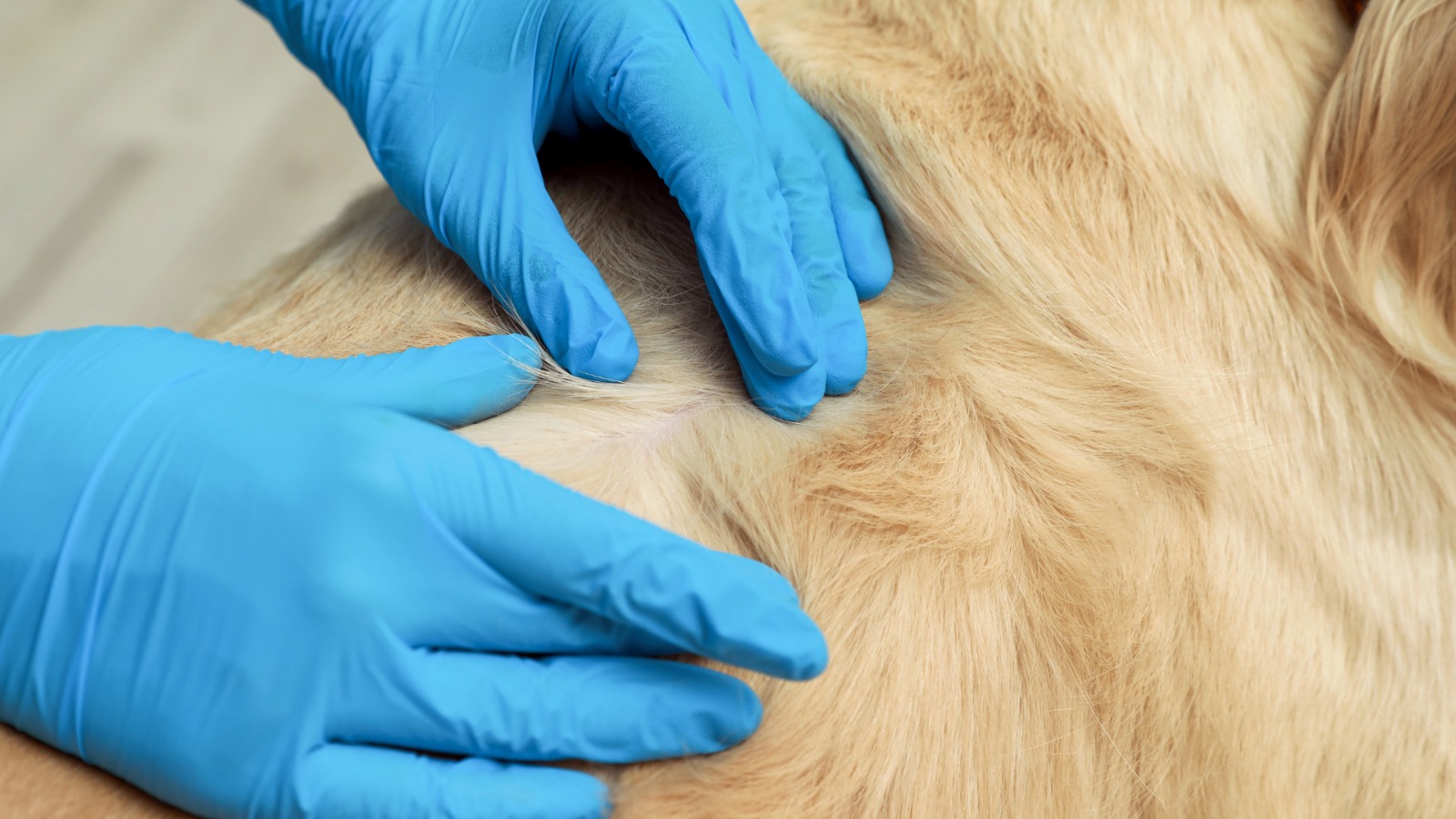
AllergiesDietary NeedsDisease ManagementAnxietyBOASDigestionItching & Allergies
The Low Down on Keratosis
Oct 05 2023
•
4 mins 45 secs

AllergiesDietary NeedsDisease ManagementAnxietyBOASDigestionItching & Allergies
7 Reasons Why My Dog is Biting his Paws
Sep 06 2023
•
7 mins 40 secs

AllergiesDietary NeedsDisease ManagementAnxietyBOASDigestionItching & Allergies
Haematoma in Dogs
Jan 25 2023
•
8 mins

AllergiesDietary NeedsDisease ManagementAnxietyBOASDigestionItching & Allergies
Does My Dog Have an Allergy or an Intolerance?
May 10 2022
•
4 mins 42 secs

AllergiesDietary NeedsDisease ManagementAnxietyBOASDigestionItching & Allergies
5 Tips to Support Your Seasonally Itchy Dog
Apr 26 2022
•
4 mins 50 secs

AllergiesDietary NeedsDisease ManagementAnxietyBOASDigestionItching & Allergies
Why Do Allergies in Dogs Develop?
Apr 21 2022
•
5 mins 36 secs

AllergiesDietary NeedsDisease ManagementAnxietyBOASDigestionItching & Allergies
Why Is My Dog Itchy?
Oct 21 2021
•
5 mins 39 secs
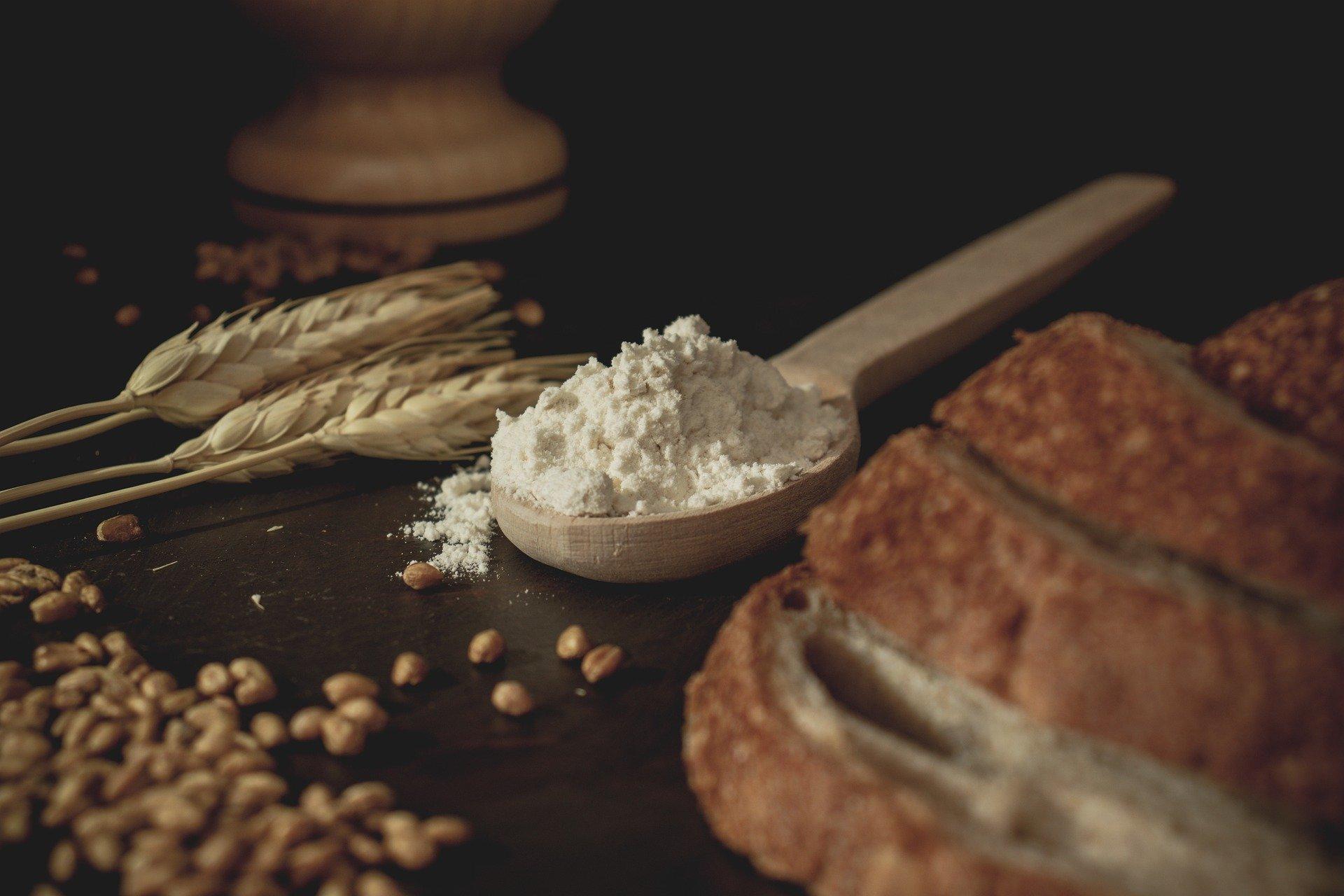
AllergiesDietary NeedsDisease ManagementAnxietyBOASDigestionItching & Allergies
Does My Dog Need a Grain Free Diet?
Oct 15 2021
•
5 mins 46 secs

AllergiesDietary NeedsDisease ManagementAnxietyBOASDigestionItching & Allergies
Why Does My Dog Need Minerals – Part Two
Sep 23 2021
•
12 min read

AllergiesDietary NeedsDisease ManagementAnxietyBOASDigestionItching & Allergies
Why Does My Dog Need Minerals – Part One
Sep 22 2021
•
7 min read

AllergiesDietary NeedsDisease ManagementAnxietyBOASDigestionItching & Allergies
What is The Gut Barrier?
Aug 25 2021
•
5 min read

AllergiesDietary NeedsDisease ManagementAnxietyBOASDigestionItching & Allergies
To Fast Or Not To Fast? That Is The Question
Aug 23 2021
•
5 min read

AllergiesDietary NeedsDisease ManagementAnxietyBOASDigestionItching & Allergies
Dog Allergies – The Hypoallergenic Myth
Aug 11 2021
•
5 min read

AllergiesDietary NeedsDisease ManagementAnxietyBOASDigestionItching & Allergies
Bacterial Overgrowth – More Common Than You Think
Aug 04 2021
•
6 min read

AllergiesDietary NeedsDisease ManagementAnxietyBOASDigestionItching & Allergies
A Brief Guide to Histamine Intolerance for Dogs
Jul 13 2021
•
4 min read

AllergiesDietary NeedsDisease ManagementAnxietyBOASDigestionItching & Allergies
What Can Cause Gut Dysbiosis?
Jun 21 2021
•
7 min read

AllergiesDietary NeedsDisease ManagementAnxietyBOASDigestionItching & Allergies
Why Is My Dog Regurgitating?
Jun 07 2021
•
5 min read

AllergiesDietary NeedsDisease ManagementAnxietyBOASDigestionItching & Allergies
Glyphosate and My Dog
Jun 07 2021
•
5 min read
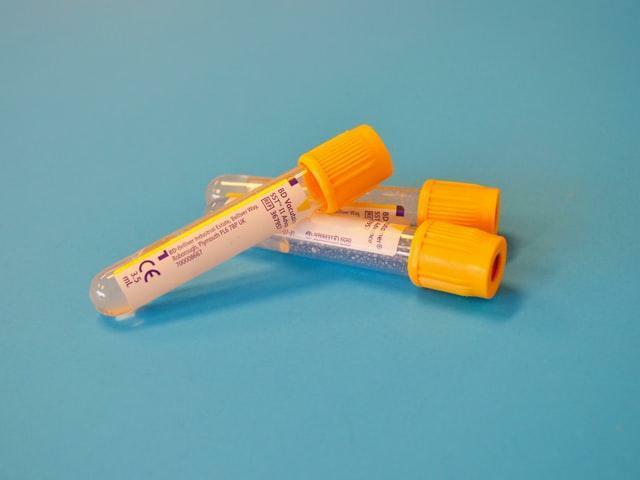
AllergiesDietary NeedsDisease ManagementAnxietyBOASDigestionItching & Allergies
Does My Dog Need an Allergy Test?
Apr 26 2021
•
7 min read

AllergiesDietary NeedsDisease ManagementAnxietyBOASDigestionItching & Allergies
Does My Pet Need to Detox
Apr 15 2021
•
8 min read

AllergiesDietary NeedsDisease ManagementAnxietyBOASDigestionItching & Allergies
Lectins and Should My Dog Eat Them?
Apr 12 2021
•
6 min read
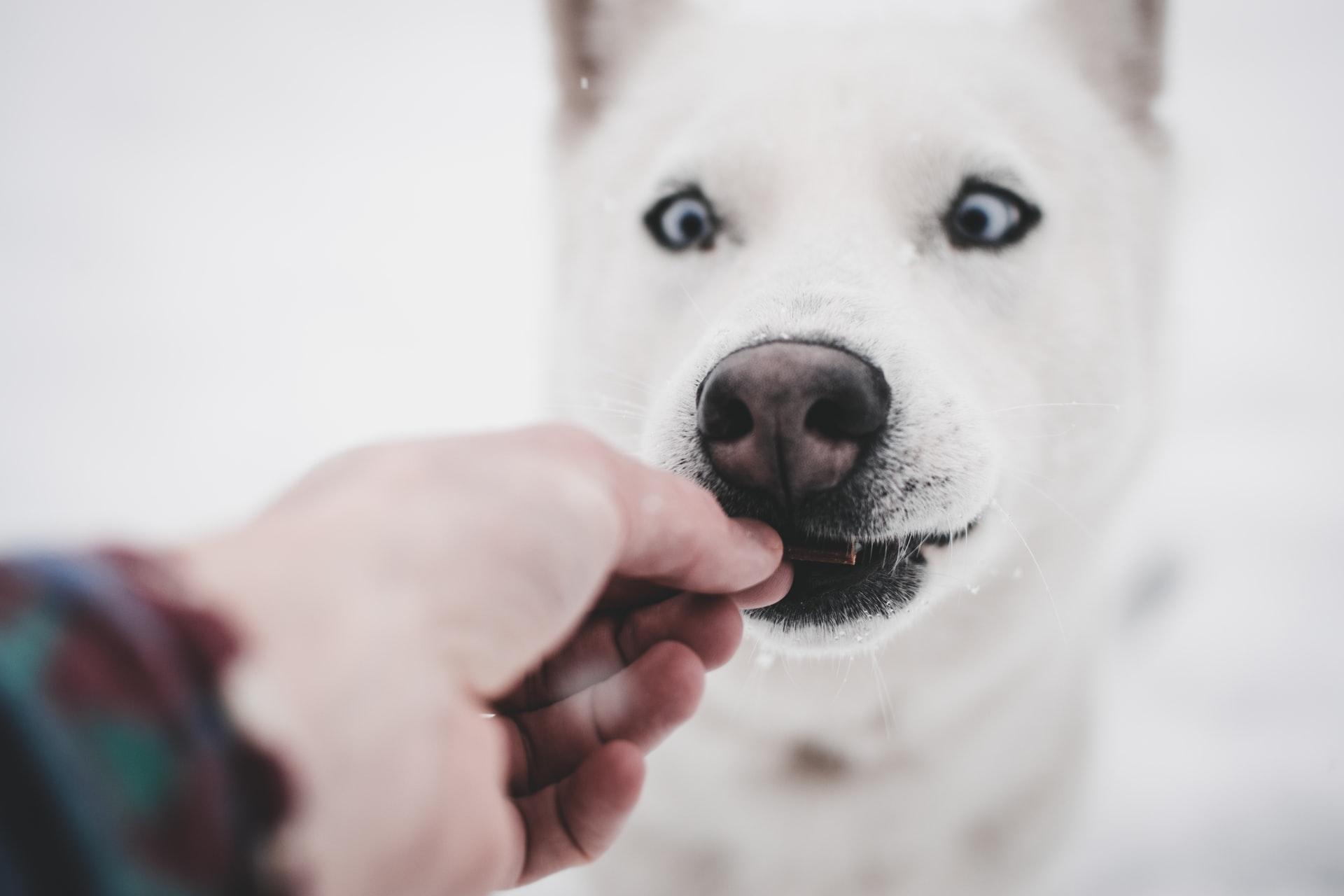
AllergiesDietary NeedsDisease ManagementAnxietyBOASDigestionItching & Allergies
Elimination Diets for Dogs
Apr 08 2021
•
8 min read

AllergiesDietary NeedsDisease ManagementAnxietyBOASDigestionItching & Allergies
Low Histamine Diets, Why and When!
Apr 07 2021
•
7 min read

AllergiesDietary NeedsDisease ManagementAnxietyBOASDigestionItching & Allergies
Your Puppy’s Microbiome
Mar 31 2021
•
4 min read

AllergiesDietary NeedsDisease ManagementAnxietyBOASDigestionItching & Allergies
5 Basic Tips for Seasonal Allergies
Mar 26 2021
•
5 min read

AllergiesDietary NeedsDisease ManagementAnxietyBOASDigestionItching & Allergies
Can Genes Result in Poor Skin Function?
Mar 03 2021
•
8 min read
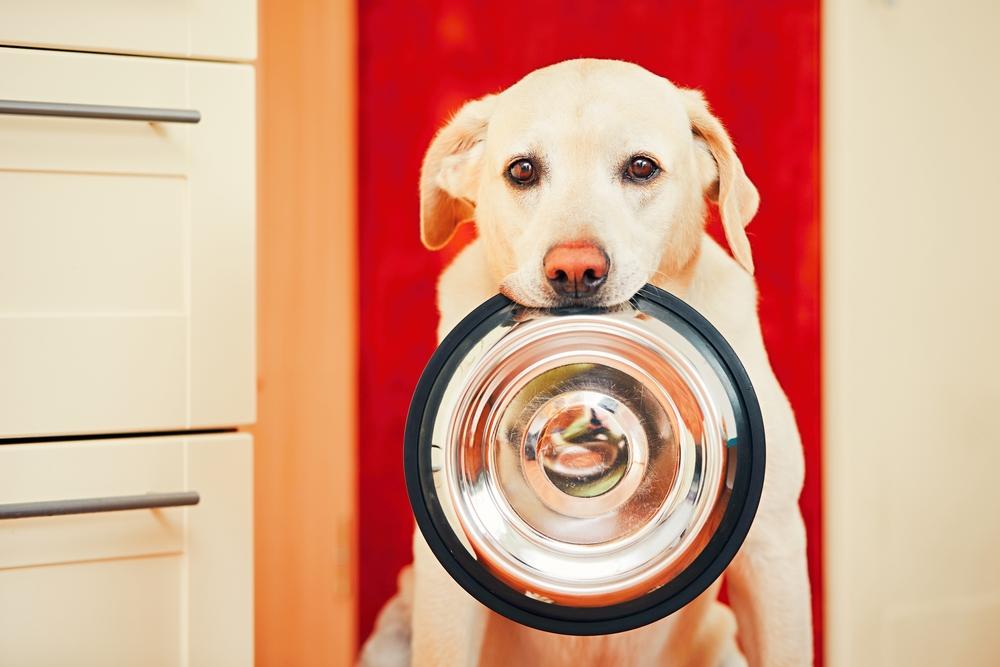
AllergiesDietary NeedsDisease ManagementAnxietyBOASDigestionItching & Allergies
Why Is My Dog A Fussy Eater?
Jan 18 2021
•
10 min read

AllergiesDietary NeedsDisease ManagementAnxietyBOASDigestionItching & Allergies
Why Does My Dog Keep Licking?
Jan 11 2021
•
9 min read

AllergiesDietary NeedsDisease ManagementAnxietyBOASDigestionItching & Allergies
5 Reasons Why Your Dog May Have Diarrhoea
Jan 07 2021
•
6 min read

AllergiesDietary NeedsDisease ManagementAnxietyBOASDigestionItching & Allergies
Why is My Dog Losing His Hair?
Jan 04 2021
•
7 min read

AllergiesDietary NeedsDisease ManagementAnxietyBOASDigestionItching & Allergies
Tackling Atopic Dermatitis in Pets
Dec 16 2020
•
9 min read
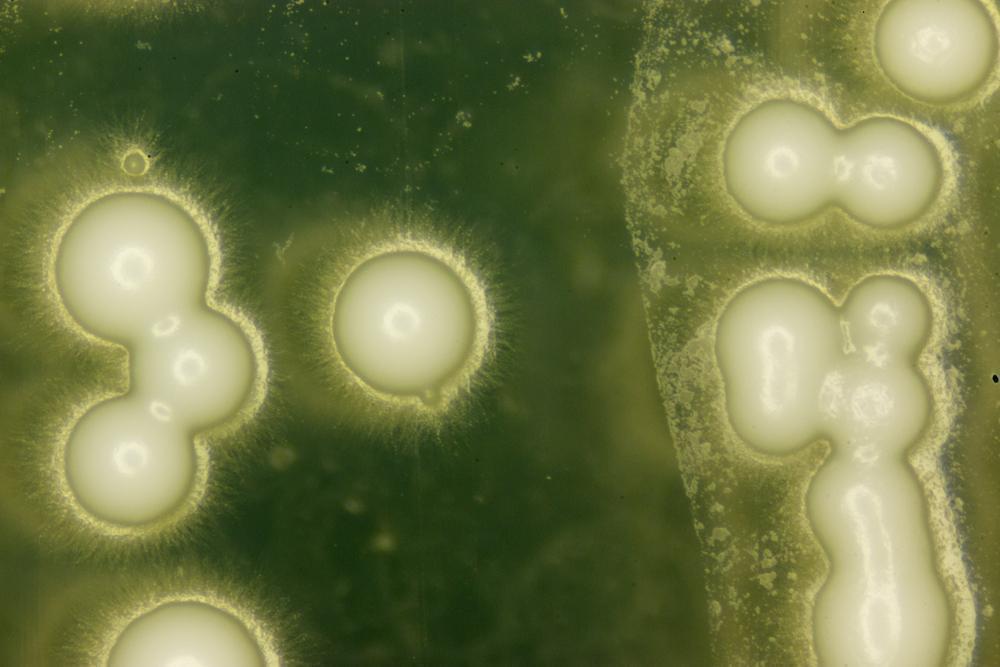
AllergiesDietary NeedsDisease ManagementAnxietyBOASDigestionItching & Allergies
Is Your Dog A Yeasty Beast?
Dec 09 2020
•
8 min read

AllergiesDietary NeedsDisease ManagementAnxietyBOASDigestionItching & Allergies
5 Reasons Your Dog May Have Bad Breath
Nov 30 2020
•
7 min read

AllergiesDietary NeedsDisease ManagementAnxietyBOASDigestionItching & Allergies
Tear Stains: Is Your Dog A Cry Baby
Oct 27 2020
•
9 min read

AllergiesDietary NeedsDisease ManagementAnxietyBOASDigestionItching & Allergies
How Traditional Chinese Medicine Can Help My Dog
Oct 21 2020
•
7 min read
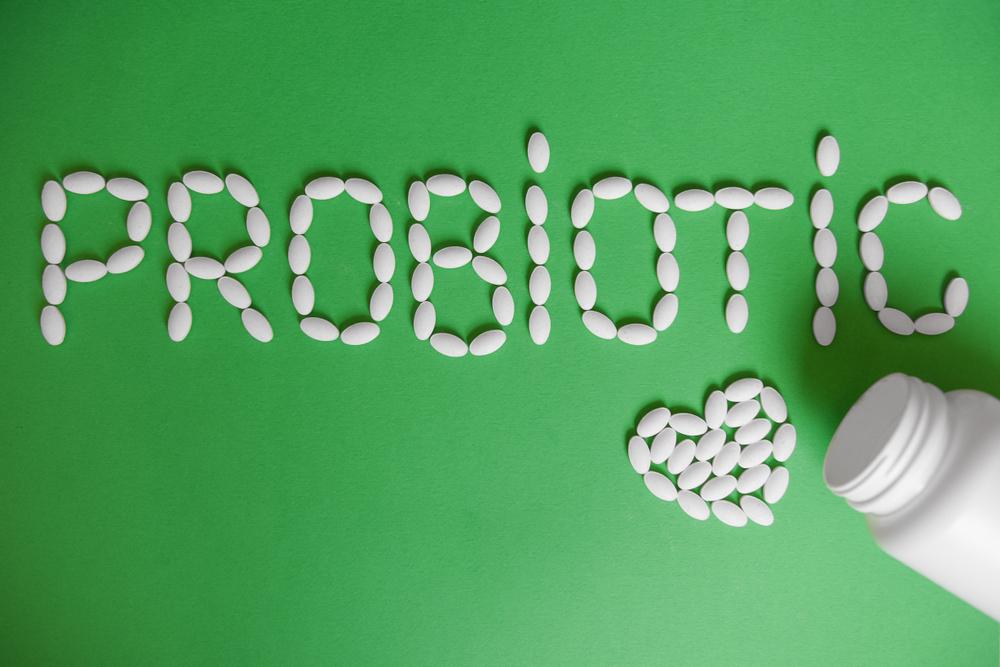
AllergiesDietary NeedsDisease ManagementAnxietyBOASDigestionItching & Allergies
Why Probiotics Are Good For You And Your Dog
Oct 20 2020
•
8 min read
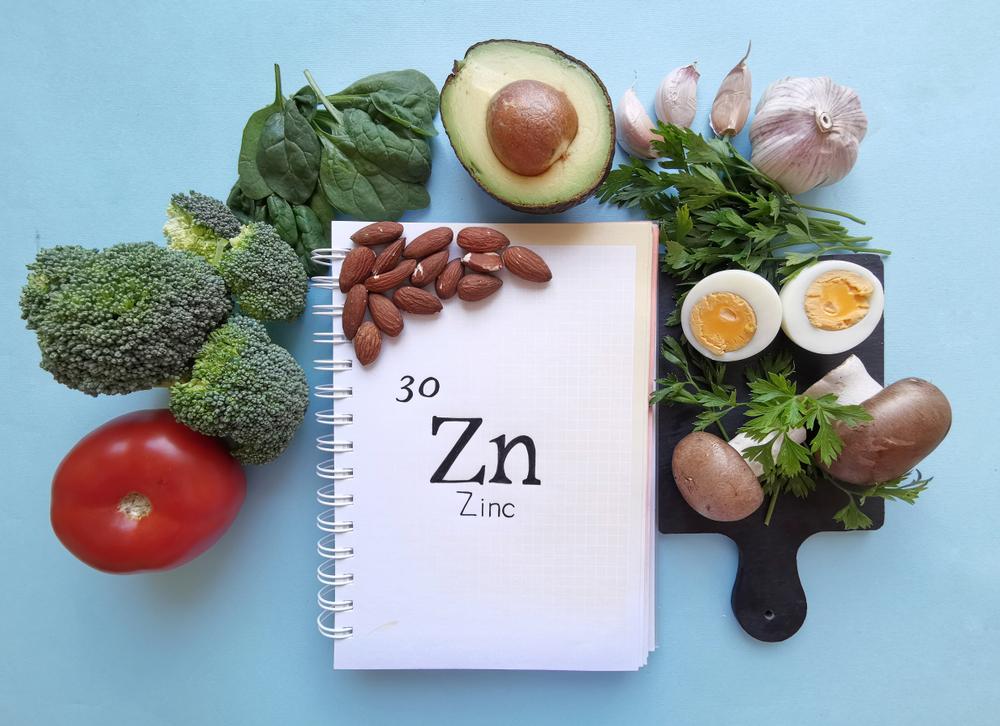
AllergiesDietary NeedsDisease ManagementAnxietyBOASDigestionItching & Allergies
Why Zinc is Important for your Dog
Sep 10 2020
•
8 min read

AllergiesDietary NeedsDisease ManagementAnxietyBOASDigestionItching & Allergies
7 Wonderful Herbs for Dogs
Jul 06 2020
•
9 min read

AllergiesDietary NeedsDisease ManagementAnxietyBOASDigestionItching & Allergies
Natural Guide for Acid Reflux in Dogs
Mar 31 2020
•
8 min read

AllergiesDietary NeedsDisease ManagementAnxietyBOASDigestionItching & Allergies
The 4 Corner Stones for Healthy Anal Glands, Naturally
Mar 27 2020
•
10 min read
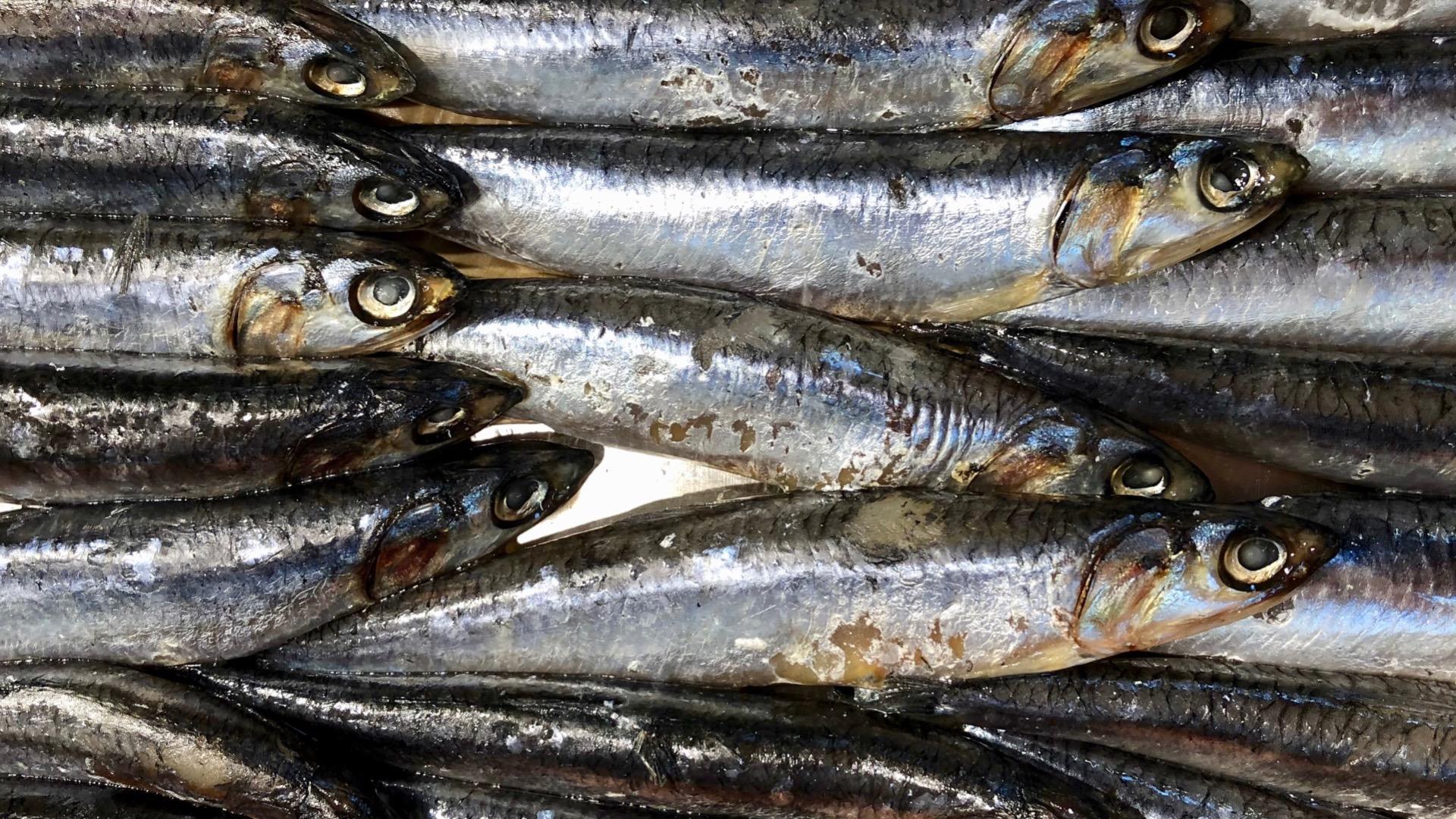
AllergiesDietary NeedsDisease ManagementAnxietyBOASDigestionItching & Allergies
Essential Fats for my Dog’s Diet: The Ultimate Guide
Mar 24 2020
•
10 min read

AllergiesDietary NeedsDisease ManagementAnxietyBOASDigestionItching & Allergies
7 Steps to Optimal Gut Health for Pets
Mar 13 2020
•
8 min read
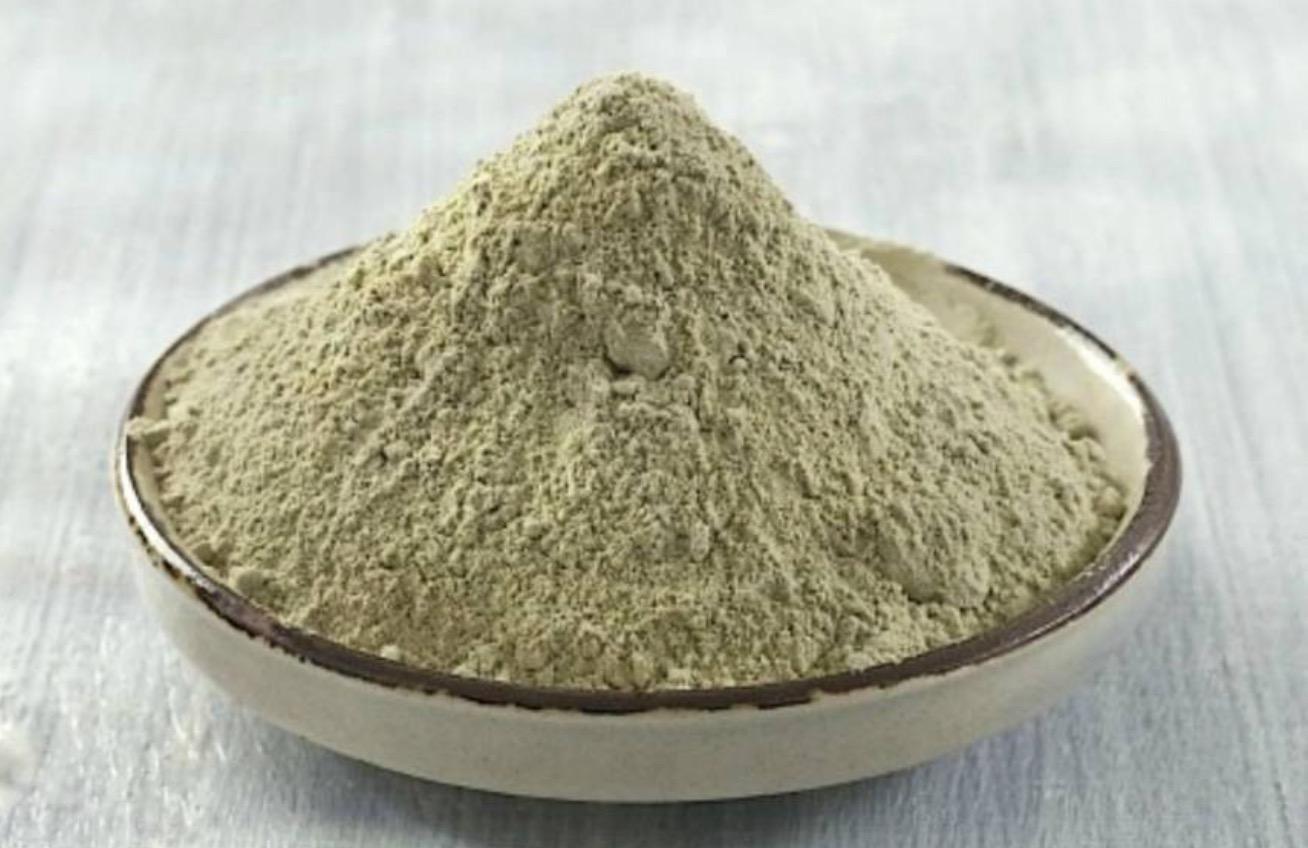
AllergiesDietary NeedsDisease ManagementAnxietyBOASDigestionItching & Allergies
7 Top Reasons to use Clay in your Dog’s Diet Regime
Feb 20 2020
•
5 min read

AllergiesDietary NeedsDisease ManagementAnxietyBOASDigestionItching & Allergies
Itching has become such an epidemic
Feb 18 2020
•
6 min read

AllergiesDietary NeedsDisease ManagementAnxietyBOASDigestionItching & Allergies
An itch you just can’t scratch!
Feb 12 2020
•
3 min read

AllergiesDietary NeedsDisease ManagementAnxietyBOASDigestionItching & Allergies
Itchy cats and dogs naturally!
Jan 23 2020
•
7 min read
✕



